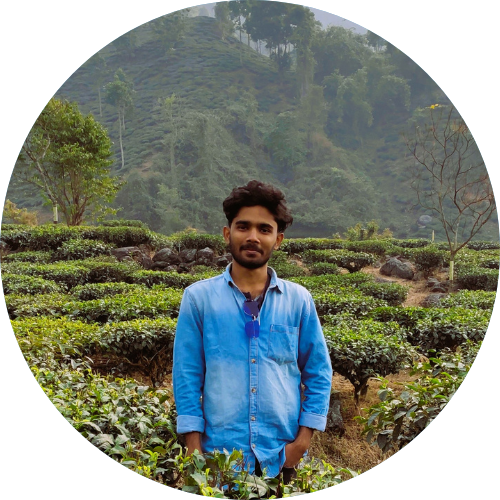Team

Aristo Mendis
Aristo works with the WCS-India and WCS Regional CWT teams. He supports the research components of the CWT projects. He is a postgraduate in Ecology and Environmental Sciences from Pondicherry University. He joined the CWT Programme in October 2018.

Rishik Dutta Gupta
Rishik graduated from Kolkata with a degree in English literature. He has more than 6 years of experience in conservation education and fundraising. His interests include wildlife trafficking, cultural significance of wildlife and human-wildlife interaction.

Shaibal Seal
Shaibal has a postgraduate in Environmental Sciences from Calcutta University. His interests include wildlife trafficking, exploring human-animal interactions, along with communicating behaviour change for conservation. He joined WCS-India as a Research Intern in the Counter Wildlife Trafficking (CWT) team. Currently, he is working as a Project Assistant for the CWT team in Kolkata.